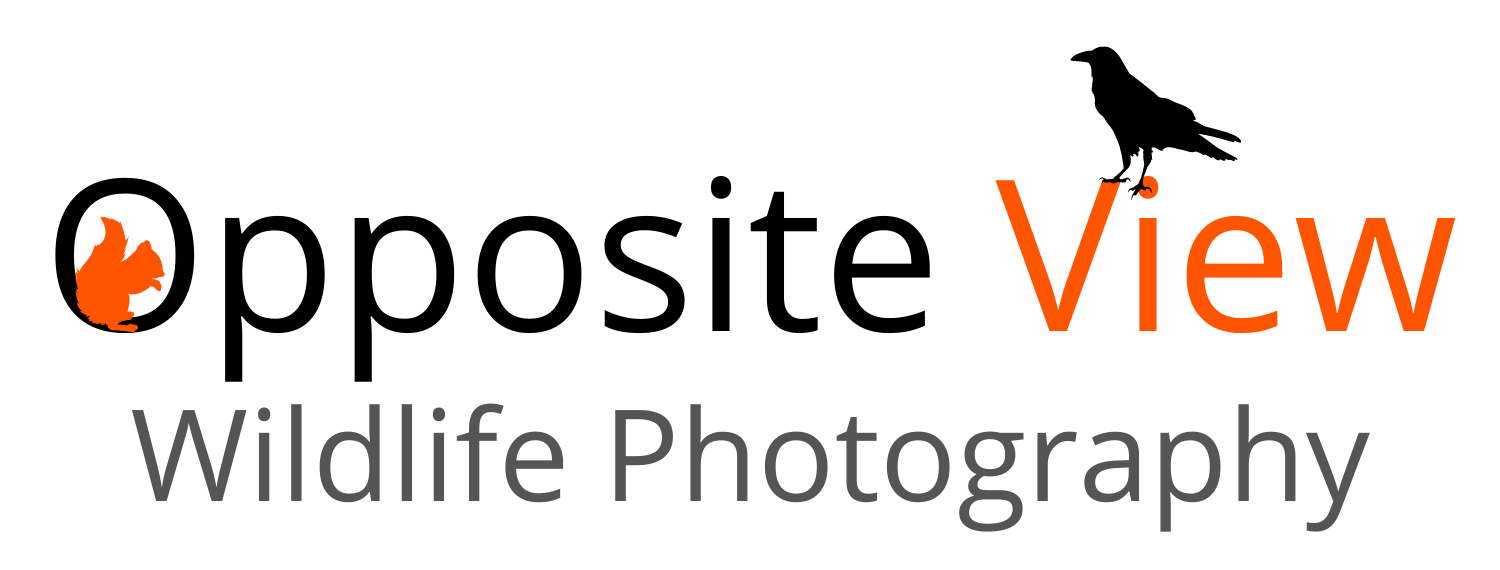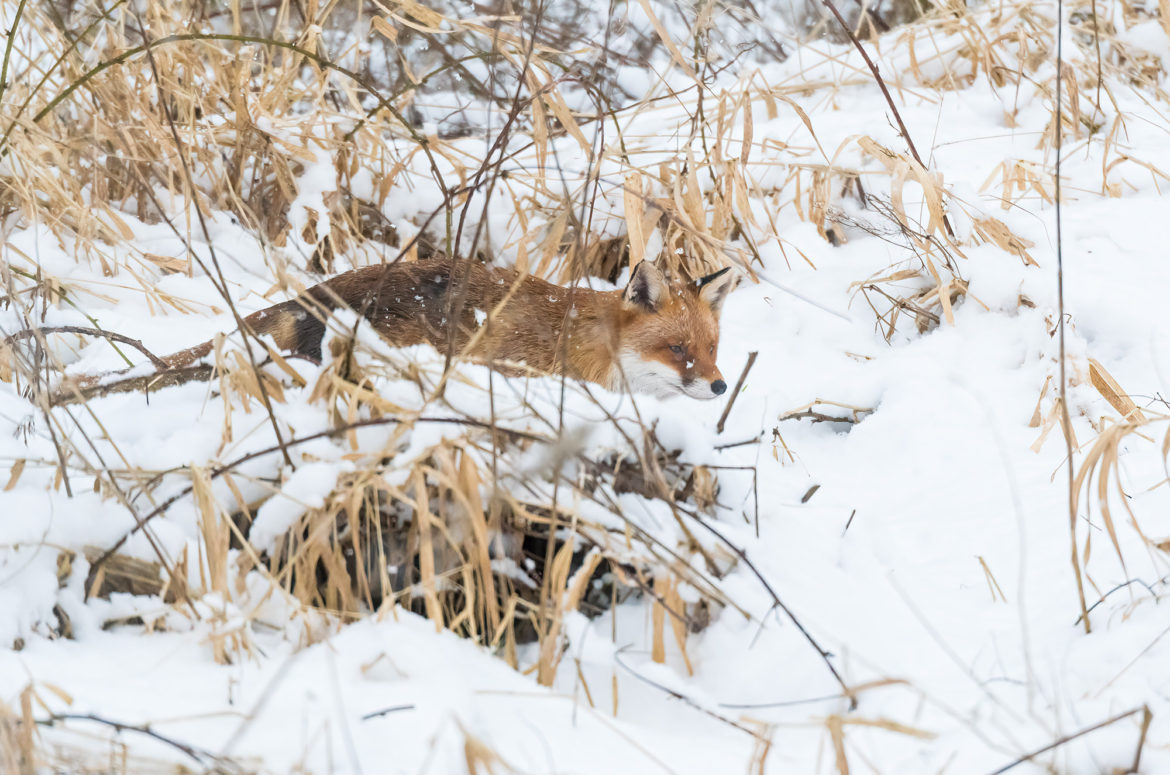It was a quiet Wednesday morning when the email appeared. I spotted the truncated subject line that announced its arrival in my inbox: “BBC Countryfile Magazine nature writing competition”. I knew it was related to the New Nature Writer of the Year competition that I entered back in June. I wasn’t in any rush to open the message as I knew it would say that the standard was very high, and I’d been unsuccessful this time. I was just about to ignore it when I spotted the “HIGHLY COMMENDED” at the end of the subject line. My shaking hand clicked to open the email and I read, slightly disbelievingly, that I had indeed been highly commended in the competition. My first thought was that there must have been some mistake. After the tenth read of the email from the Features Editor at BBC Countryfile Magazine, it finally hit home.
So, I’m delighted to tell you that my writing is appearing on the Countryfile Magazine website. Huge congratulations to the well-deserved winner Caro Fentiman and all the shortlisted writers and massive thanks to the judges for their kind words. I have copied my piece and the judges feedback below, in the hope that this will help this achievement to sink in.
I will probably now go and pinch myself for the millionth time for reassurance that this has happened but, before I do, I want to say that this proves that it is always worth putting your self-doubt to one side. I would have previously convinced myself that there would be no point in entering a competition like this. I have come to understand that part of the fun of creating is accepting the challenge of meeting a brief. It’s also about having the courage to put what you do “out there”. For me, this includes posting my images and blogs here and on my social media channels, as well as entering photography and writing competitions.
If you follow my photography, you’ll instantly recognise the description of my local patch and the wildlife I found during the winter months. The image that heads up this blog was the main inspiration for Winter on an urban burn. Sometimes I feel like an imposter but publishing my images and writing enables me to share the beauty of the places that I visit and the wildlife that I find there.
Winter on an urban burn
Control-Alt-Delete. The three-finger-salute to my lunch break. I leave the laptop sleeping on the dining room table and escape my makeshift office. No need to set up an automatic email reply as I won’t be going far.
That said, I am dressed for an expedition as this short trek is not without its risks. I pull rubber snow grips over my boots to guard against a slip that, with my hypermobile joints, will inevitably lead to a dislocated knee. The rush of freezing air hits me as I open the front door, blasting away the first hint of a headache. As I step outside and lift my chin, snowflakes land on screen-weary eyelids. Following preparation akin to a climber scaling Everest, I head out into the deep snow on a journey that will take around five minutes at a slow trudge. Embarking down the path, a warm feeling envelops me and anxiety dissipates. For an hour, I am free.
I make for the path along the road that separates the cosy cottage flats from the wilderness; the overgrown banks of the Auldhouse Burn. So utterly lacking in charm to most that its only use is for fly-tipping by the houses on either side. Fly-fishing is reserved for the prettier parts of the river.
The long-tailed tits must like the burn well enough. They stick to the wild side of the road, never venturing towards the immaculate gardens a short teaspoon-shaped flight away. As I crunch beneath the bare branches that overhang the path, a frisson of excitement heralds the arrival of a flock of these sociable birds. They create puffs of white powder as they land in the branches above me before taking off again within seconds, calling each other with a sound like the insistent beep of a text message alert. The sole trace is a shimmering blizzard in their wake and the accompanying feeling that there is always something moving through this place if I pause long enough to look.
In the 18th century, thousands of local people depended on the unassuming burn for employment in the water-driven textile industry. The softness of the lime-free water made it perfect for processing cloth. There were bleachfields in which they laid the fabric out in the sun to whiten. Now locals seem dependent on the river for dumping shopping trolleys and as a place to walk their dogs.
Despite this, nature still relies upon its flow. In spring, the dippers will try to raise a brood under the bridge in the nearby park. The kingfisher will appear in a flash of electric blue but never pause long enough for a photo. Otters will be spotted frolicking in the shallows, although probably not by me. The wildlife here may be omnipresent, but my sense of timing is often absent.
Reaching the bend in the road, I am as far away from the houses as possible and staring into the expanse of the field facing the ice-crusted burn. A shroud of winter already covers the weeds and long grasses, but all life seems further silenced as another snow shower begins to fall. As I turn my face to the sky, something moves at the corner of my vision. A rust-coloured rivulet running through the monochrome landscape on the other side of the river. A fox. Fantastic. Somehow aware of my gaze, he pauses on the bank opposite to where I am standing. Snowflakes drift down and land on his nose, unmelting. Amber eyes focus on me. Breath mutually held. Neither one of us moves for a time. It is probably for a matter of minutes but, for me, it feels like blissful hours. The moment passes, and he trots away, leaving me shaking with excitement instead of shivering in the cold. There is always something moving through this place if I pause long enough to look.
Numb fingers tug at my sleeve, trying to roll up the many layers of clothing to make my watch face visible. An hour and ten minutes have elapsed. Time has a habit of slipping away when I escape to this spot. Still, my freezing feet refuse to turn for home. Just ten minutes more. I might spot something else. Maybe an automatic email reply would have been a good idea after all.
What the judges said
Stephen Moss: “Rooted in reality, yet with some wonderful evocations of chance encounters with urban nature on a winter’s day.”
Katharine Norbury: “An earthy, rooted account of the transformation possible when we step away from our computer screens and go outside, and of the timelessness of the natural world just a few minutes from our doorstep.”

